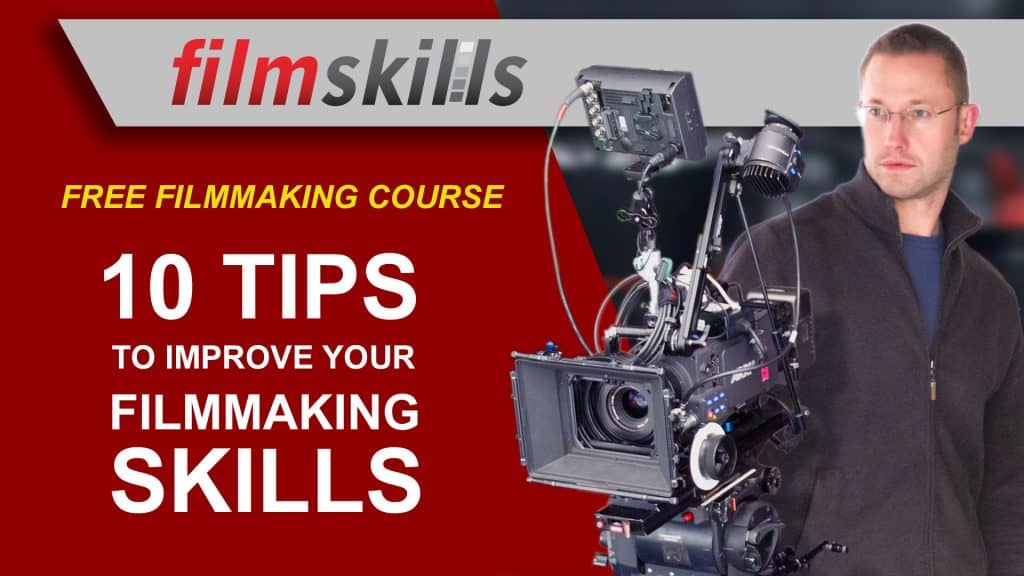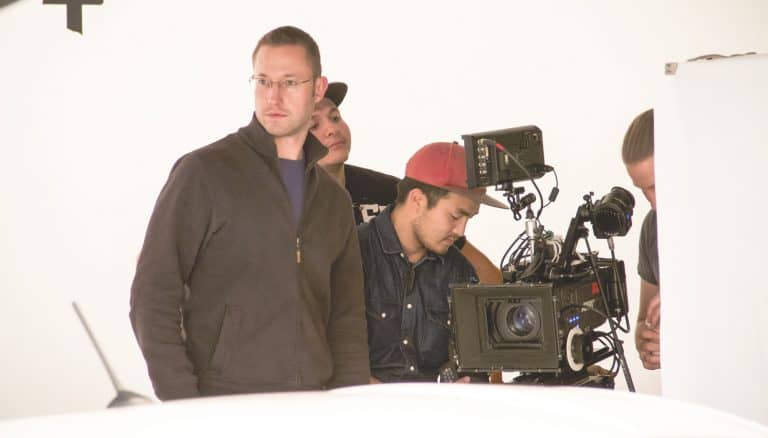
Does Your Film Need to be Rated by the MPAA?
A common question asked many many independent filmmakers is, “Does my film need to be rated by the MPAA?” The MPAA, which stands for the Motion Picture Association of America is an independent board comprised of parents and clergy that view and rate movies. The rating system, G, PG, PG-13,









